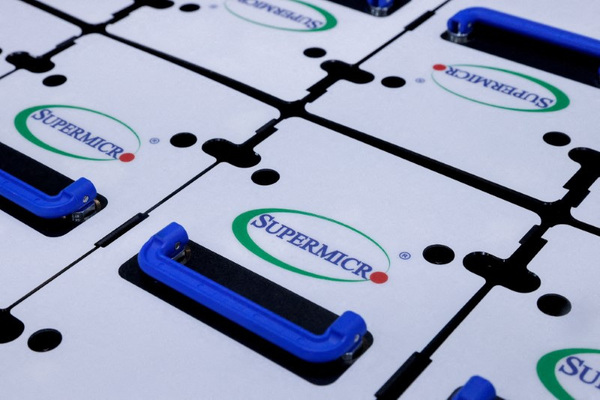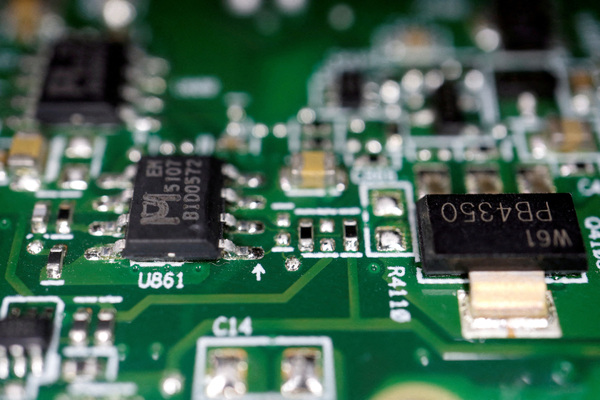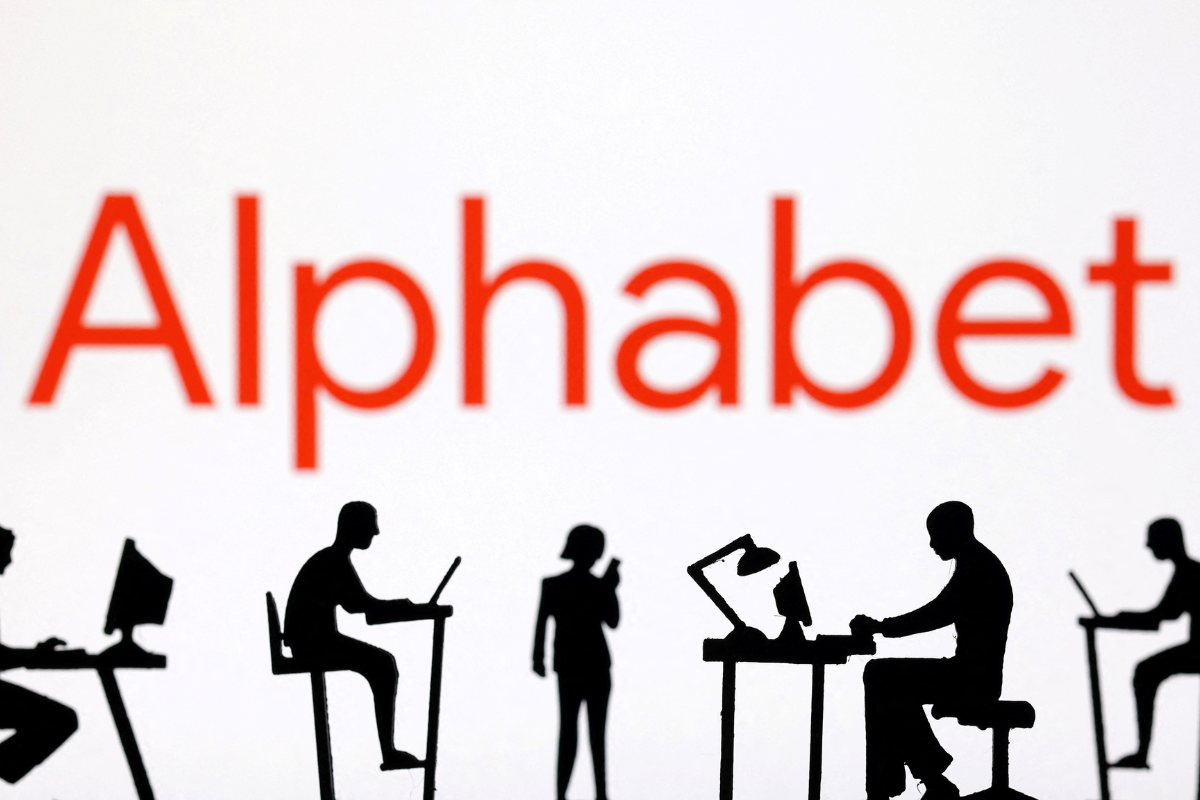The sanctity of cash

David Griffiths at Contis argues that cash has many benefits for the whole of society and that we should not be looking forward to a no-cash future
Since the Covid-19 pandemic – which at times outlawed cash payments all together – the rapid evolution of contactless technology and parallel consumer uptake has been widely reported.
Even the latest survey from Lloyds Bank, which reveals that 90 per cent of card payments are contactless, will no doubt shorten the life expectancy of cash in many consumers’ minds.
For some, the relevance of cash prompts conversations of clandestine activities, like cash use for the black market and drug dealing – not the sort of response that favours the long-term retention of physical currency.
However, what the card payment and contactless supporters have so far failed to mention – or recognise – is this: we need cash. That’s not to say we need it solely for market traders with a cash-only sign swinging in the shop window – even though financial inclusion is definitely a consideration. The importance of cash goes much deeper.
Throughout payment history, consumer convenience has often been the key driver of change. With more merchants and services than ever accepting cards it’s no surprise that this has prompted a significant uptake in electronic transactions.
The positive benefits of cash are limited to convenience and widespread acceptance within a region. Whilst transactions that cannot be traced might be cited as one of the positive use cases for cash, it isn’t one that is likely to be of great interest to the vast majority of a population, primarily engaged in the low-value transactions of daily life.
We are now seeing continued growth in the number of purchases completed electronically and a corresponding reduction in the number of those still completed in cash. However, this does not mean the end of the cash transaction is nigh.
Cards and mobile devices do not offer more convenience, it’s just a different kind of convenience. For the consumer, they can operate side-by-side, as is evident in the growing demand for contactless ATMs.
Over the years, we have witnessed many occasions where POS networks and ATM networks have failed, and for a few hours we have seen what could happen if the networks were down for a few days … or longer.
I think most people would accept that a society dependent on electronic transactions for economic stability is vulnerable. Consider the potential impact of electronic warfare if it were targeted at electronic transaction processing systems – an attack on civilians without attacking civilians.
However, whilst the ATM networks might have been vulnerable to attack in the past, if such an attack had happened, there was nearly always a bank branch alternative – there may have been queues but access to cash would have been maintained. Ultimately, attacking ATM networks of an adversary would be disruptive rather than destructive. Dispensing cash over the counter may be a less efficient proposition, but it certainly has merits as an emergency measure.
A key point is that there was a backup option.
If we look at the trends related to the usage of cash over the last few years, we can easily extrapolate that trend and forecast a future time when society no longer uses cash. Such a society is then wholly dependent on the provision of electronic means of transacting with no fallback, which could create an element of risk.
Interestingly, it doesn’t have to be a full-blown cyber-attack that takes out everything, transaction processing networks are built on trust, based on accuracy and availability. A targeted attack focussed on discrediting the local networks, to the point where transaction processes cannot be trusted to deliver the expected services in a timely and coherent manner, will have much the same effect.
Without an alternative approach to consumer transactions such as cash, a society that has evolved to rely on electronic payment networks is vulnerable. In a society with a fallback option, the situation might be serious, and the alternative might not be as neat or as quick as the payment options it replaces, but the fallback will stop the gap.
It is possible that, alongside financial inclusion and protecting vulnerable groups that rely on cash, the risk of an entirely cashless society was one of the reasons behind the protection of cash being in the recent Financial Services and Markets Bill. The bill ensures that the country’s cash infrastructure is sustainable for the long term and reassures the government’s commitment to preserving it.
Whatever the driver, cash might not fulfil all the modern requirements of consumer transacting. But it fulfils a good deal more than the no-cash alternative.
David Griffiths is Product Manager, Cards at Contis
Main image courtesy of iStockPhoto.com

David Griffiths
Related Articles
Most Viewed
Winston House, 3rd Floor, Units 306-309, 2-4 Dollis Park, London, N3 1HF
23-29 Hendon Lane, London, N3 1RT
020 8349 4363
© 2025, Lyonsdown Limited. Business Reporter® is a registered trademark of Lyonsdown Ltd. VAT registration number: 830519543





